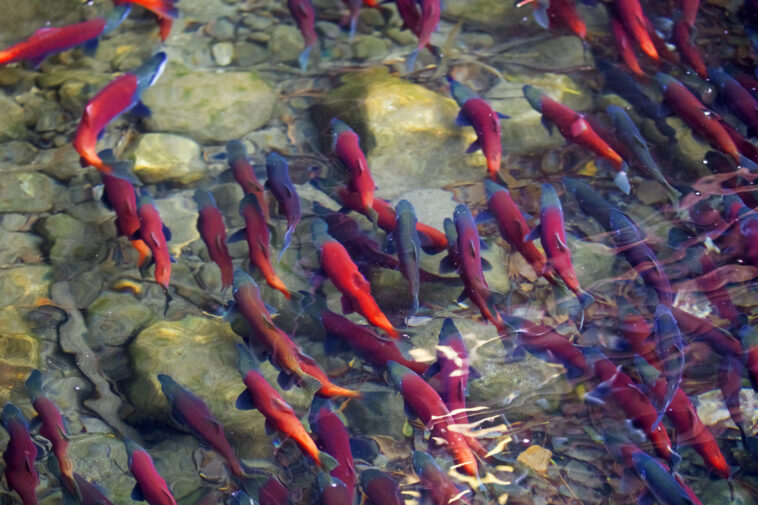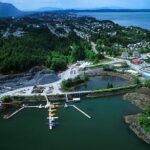The Skeena’s most iconic and culturally important fish is in danger, the B.C. government said this week.
“Over the past several years, we have seen wild salmon increasingly threatened,” Lana Popham, the province’s Minister of Agriculture, Food and Fisheries, said in a statement this week. “Climate change is dramatically affecting B.C.’s watersheds and the ocean. Compounding the problem is an increase in pollution and loss of habitat.”

The statement, which was also attributed to Parliamentary Secretary for Fisheries and Aquaculture, Fin Donnelly, was put out to celebrate B.C. Wild Salmon Day.
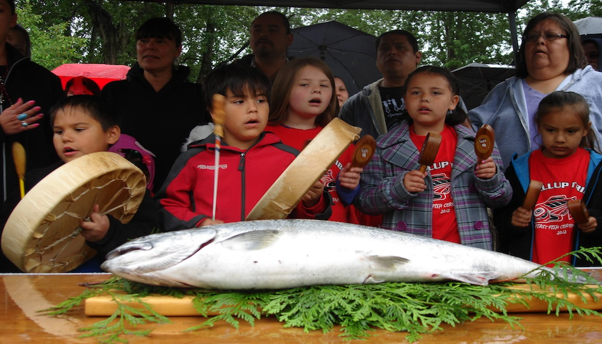
“Wild Pacific salmon are an iconic species that mean many different things to British Columbians,” it reads. “They are culturally significant to B.C.’s Indigenous communities, contribute to our province’s food security and are the economic backbone of many coastal communities, providing good jobs throughout.”
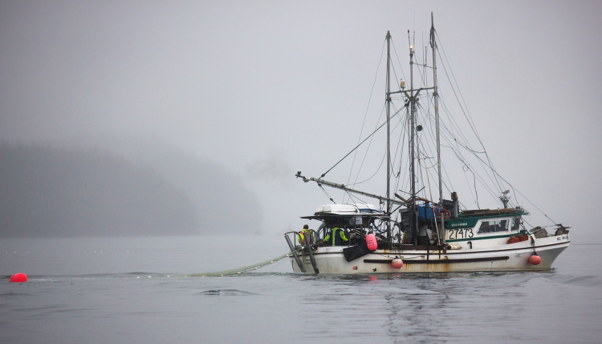
But wild salmon, particularly in the Skeena, is facing threats like never before. Earlier this year, for example, there was national media interest in a report by SkeenaWild Conservation Trust and the Lake Babine Nation showing “dire” levels of pollution in the crucial habitat of Babine Lake.
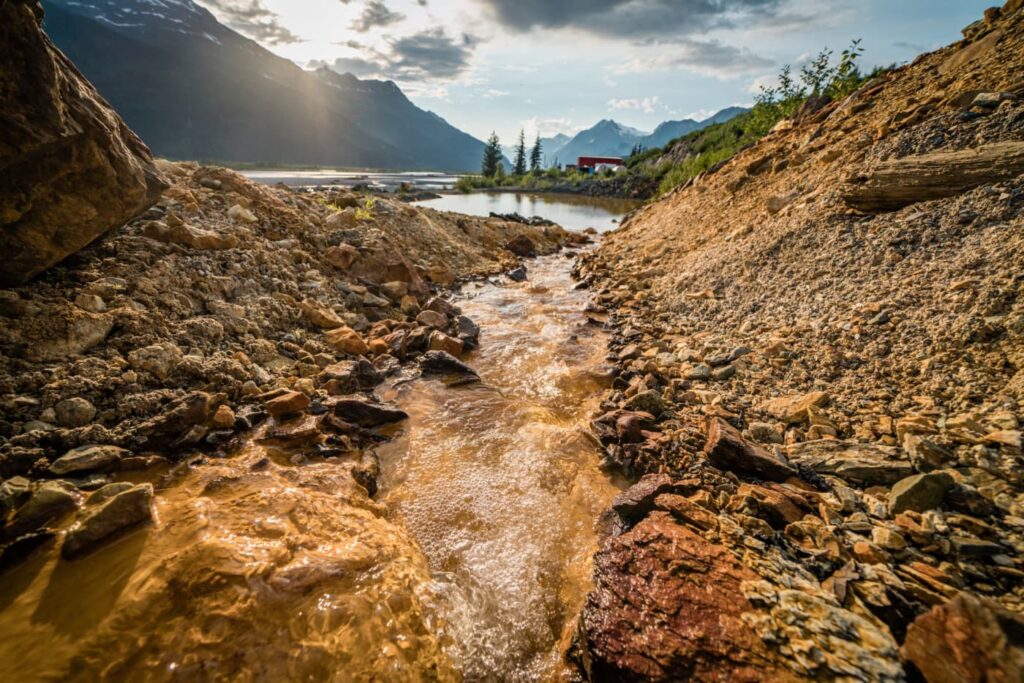
And that is happening as climate change reaches unprecedented levels.
“Over the past century, temperatures have increased about 1 degree C. globally, 2 C. in B.C. and 3 C. in northern B.C., according to a B.C. government research climatologist,” the Narwhal reports. “As northern landscapes lose snowpack and glacier cover, the exposed land absorbs more solar energy, amplifying the effects of the changes.”
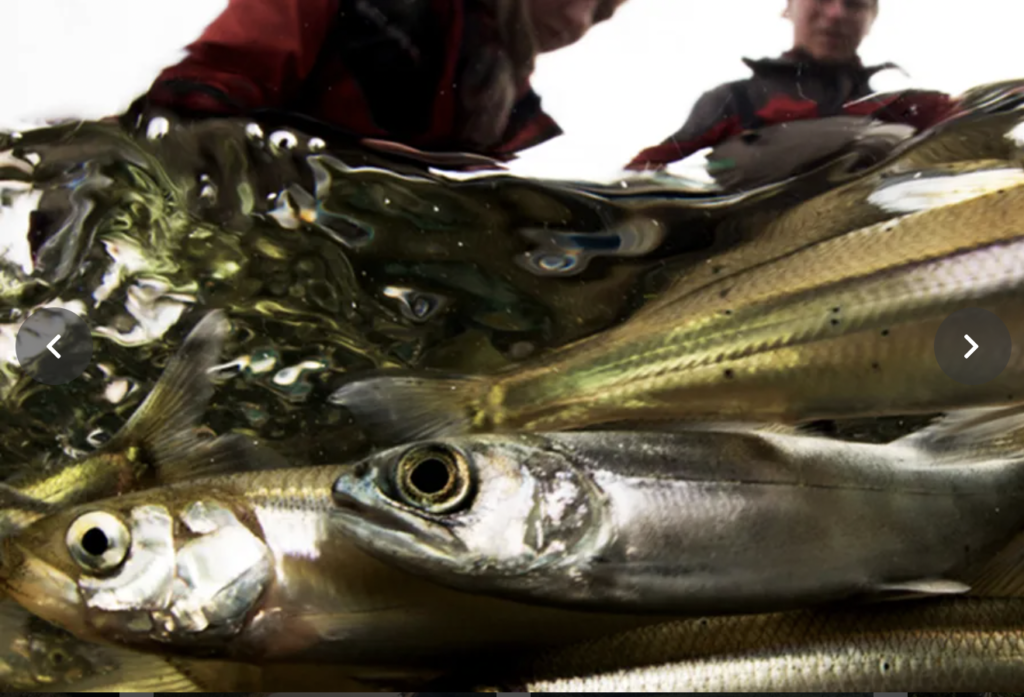
This in turn is affecting key salmon habitats.
“This is why the B.C. government and British Columbians all over the province must continue to fight for a species so important to our environment, history, economy, identity and way of life,” the government statement reads.
One thing the government can do to fight climate change and protect wild Skeena salmon is to stop approving new oil and gas projects. That is the recent conclusion of a major oil industry group called the International Energy Agency, which last month released a bombshell report saying that in order to hit global climate targets there can be “no investment in new fossil fuel supply projects, and no further final investment decisions for new unabated coal plants.”
Hopefully, if we make the required changes to our society, “salmon will continue to swim in our waters for generations to come,” the B.C. government says.


